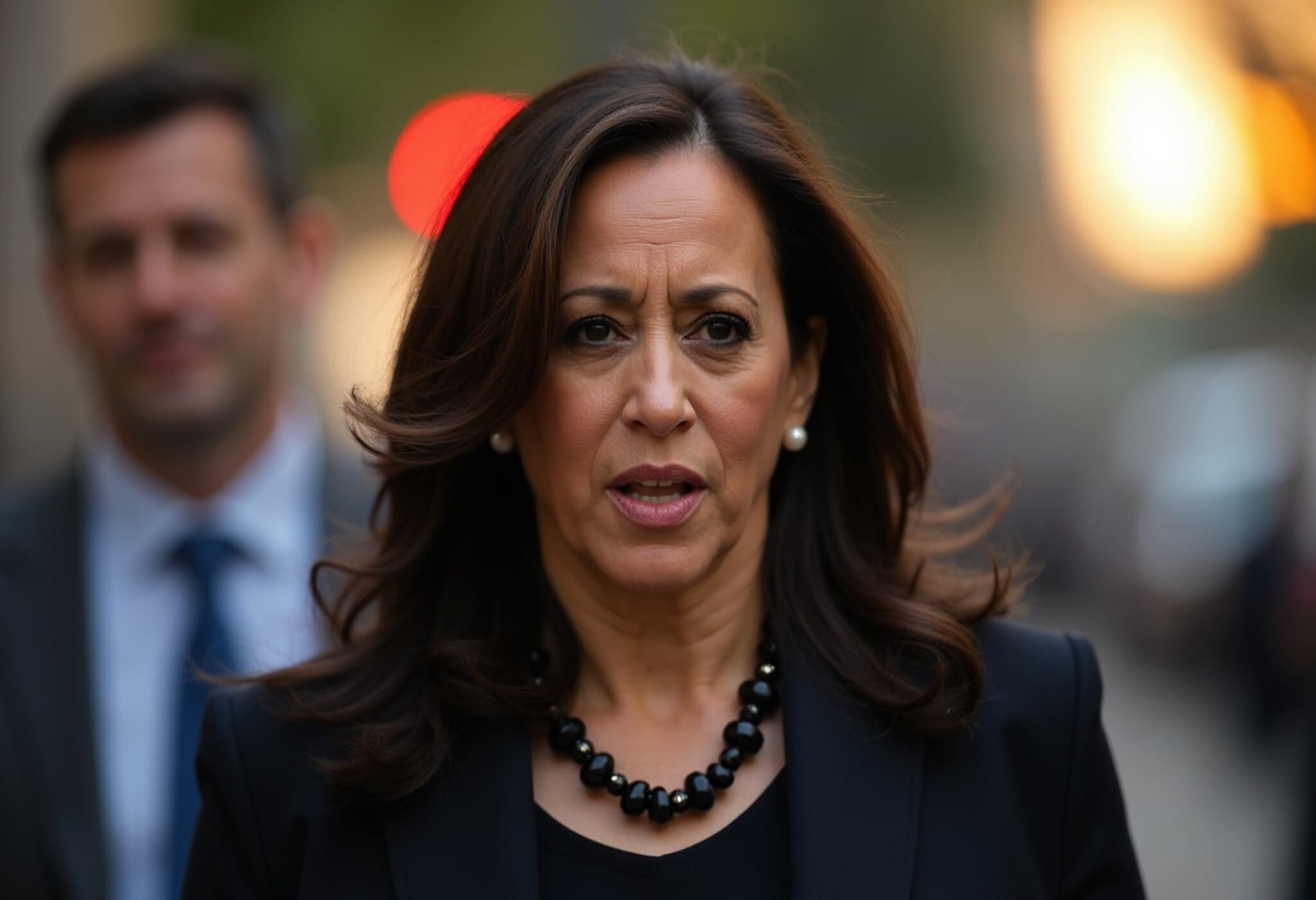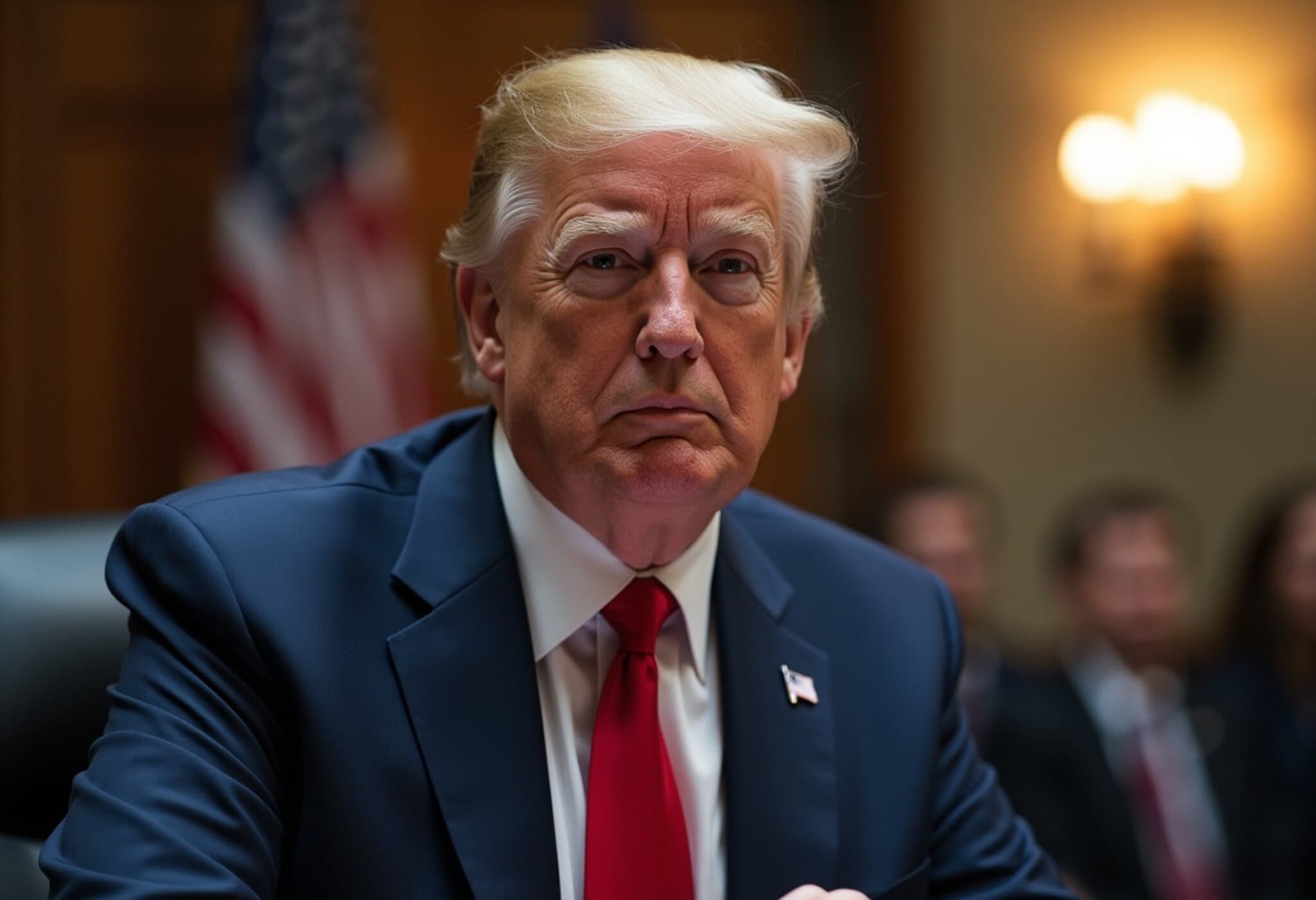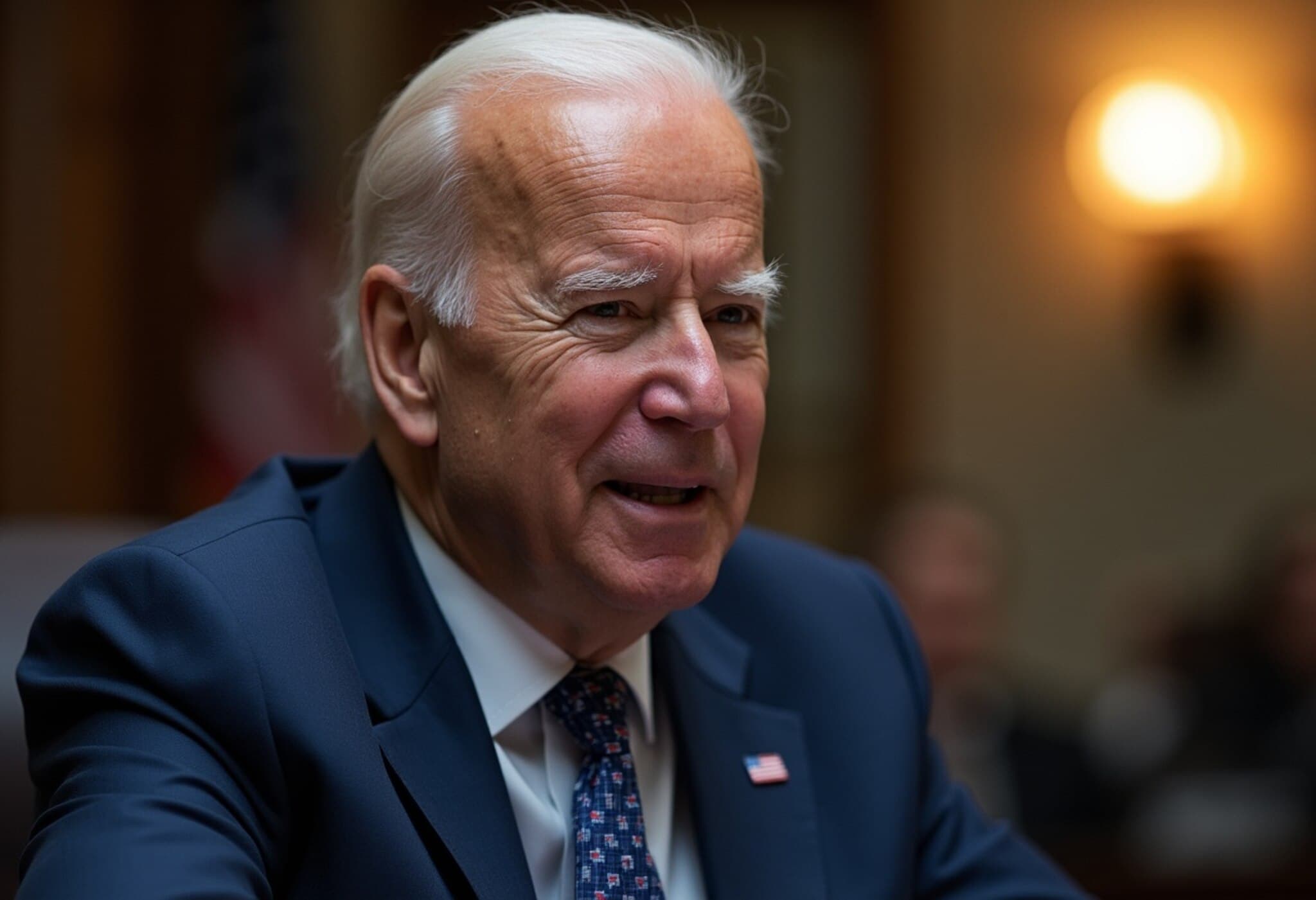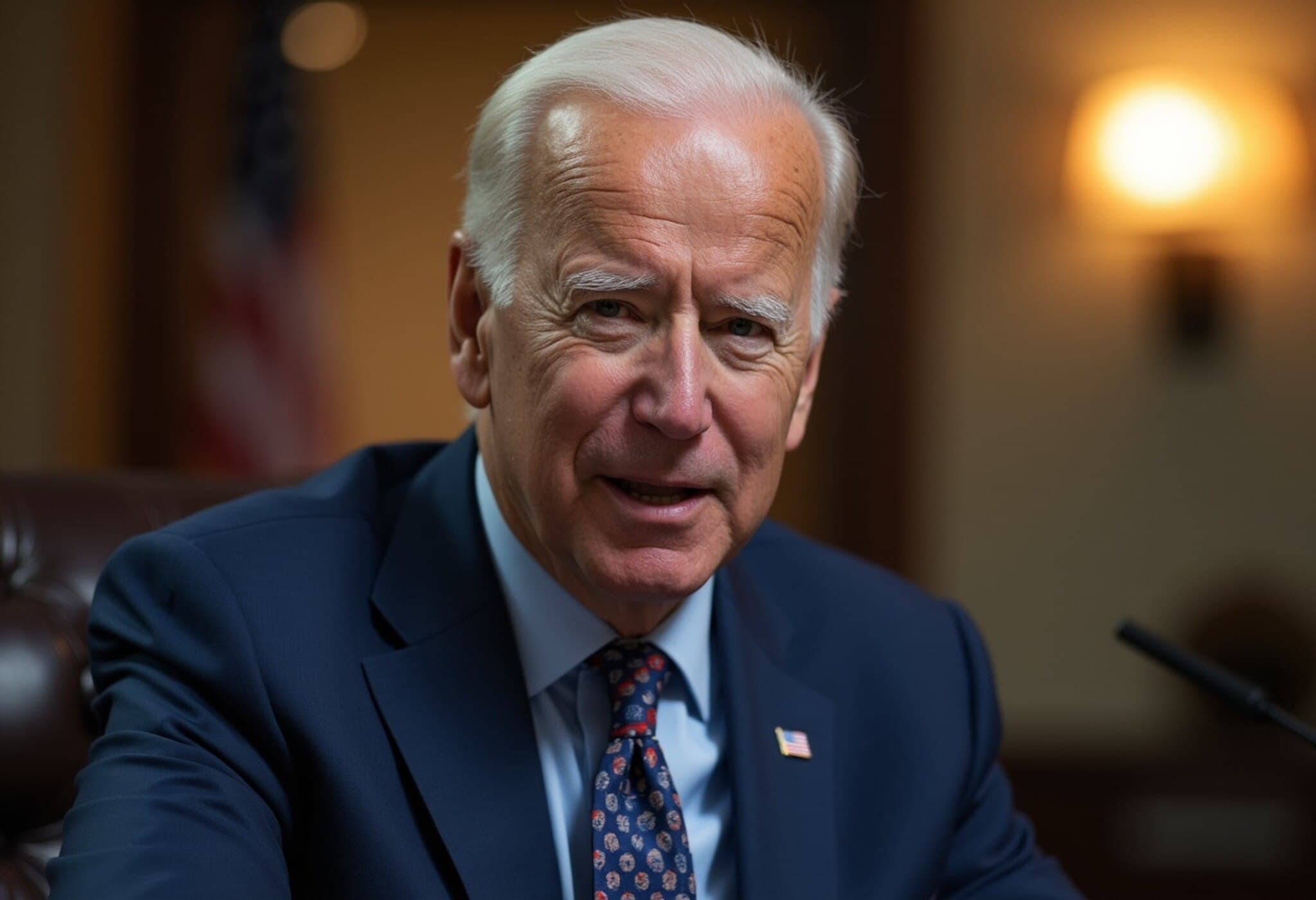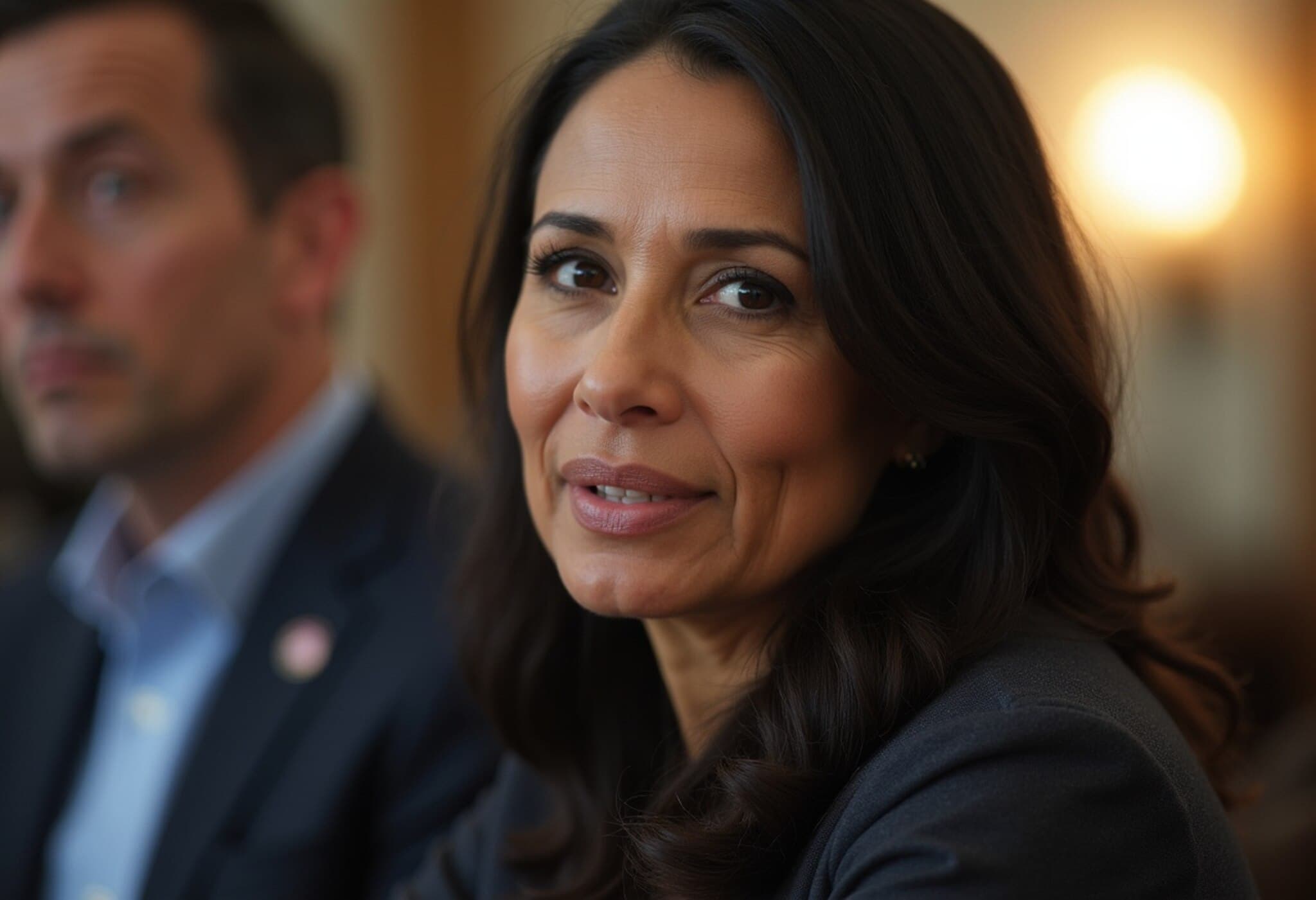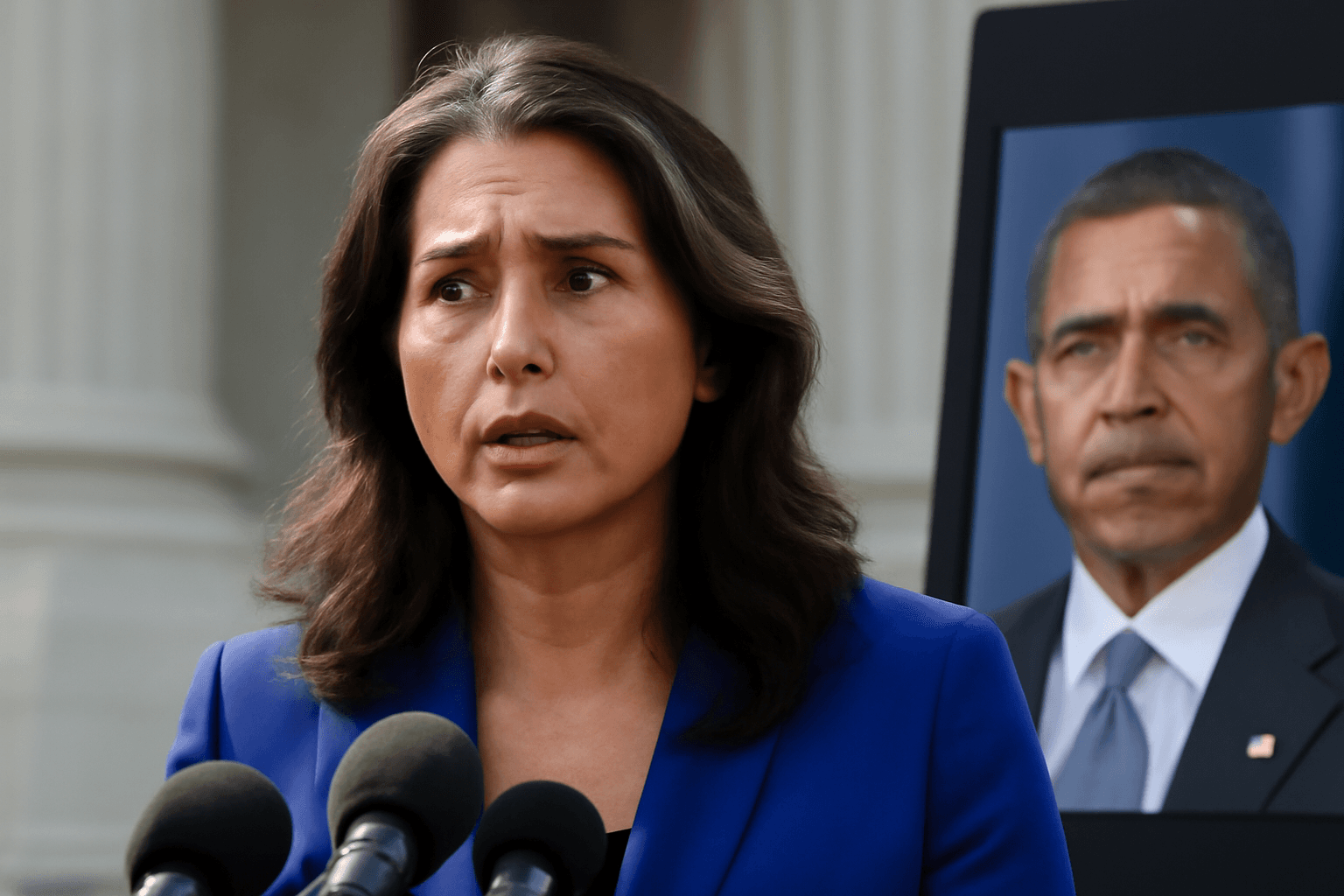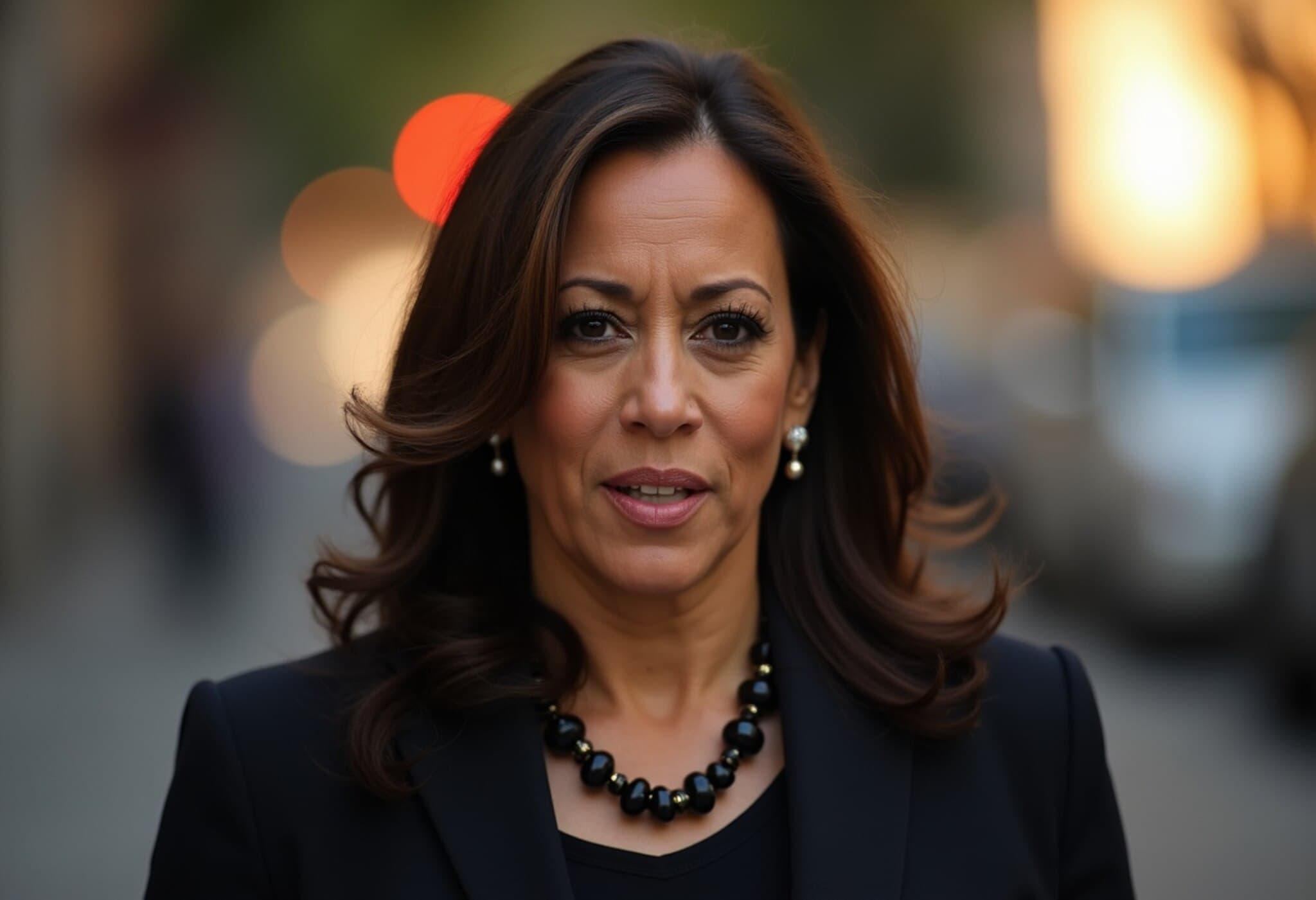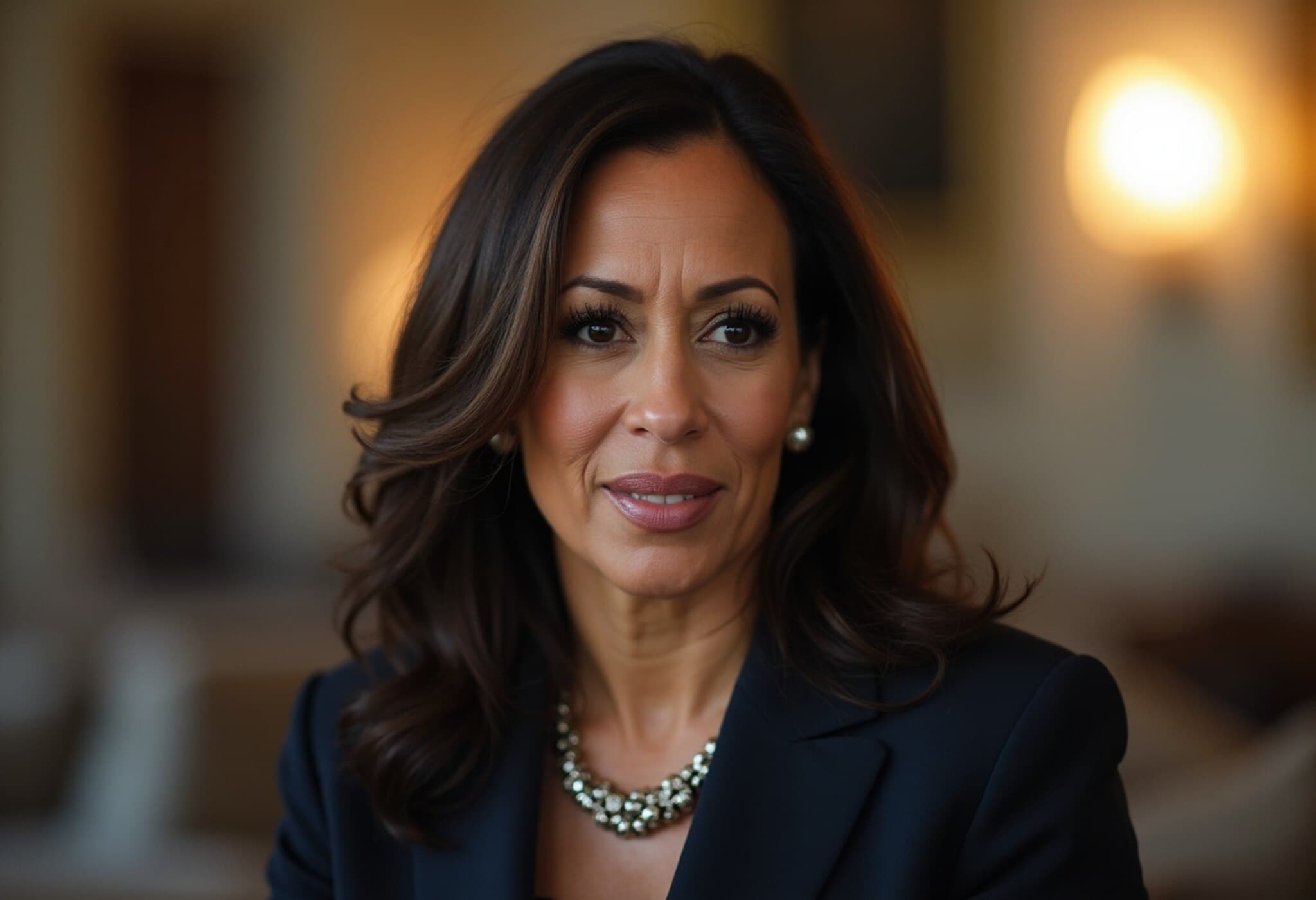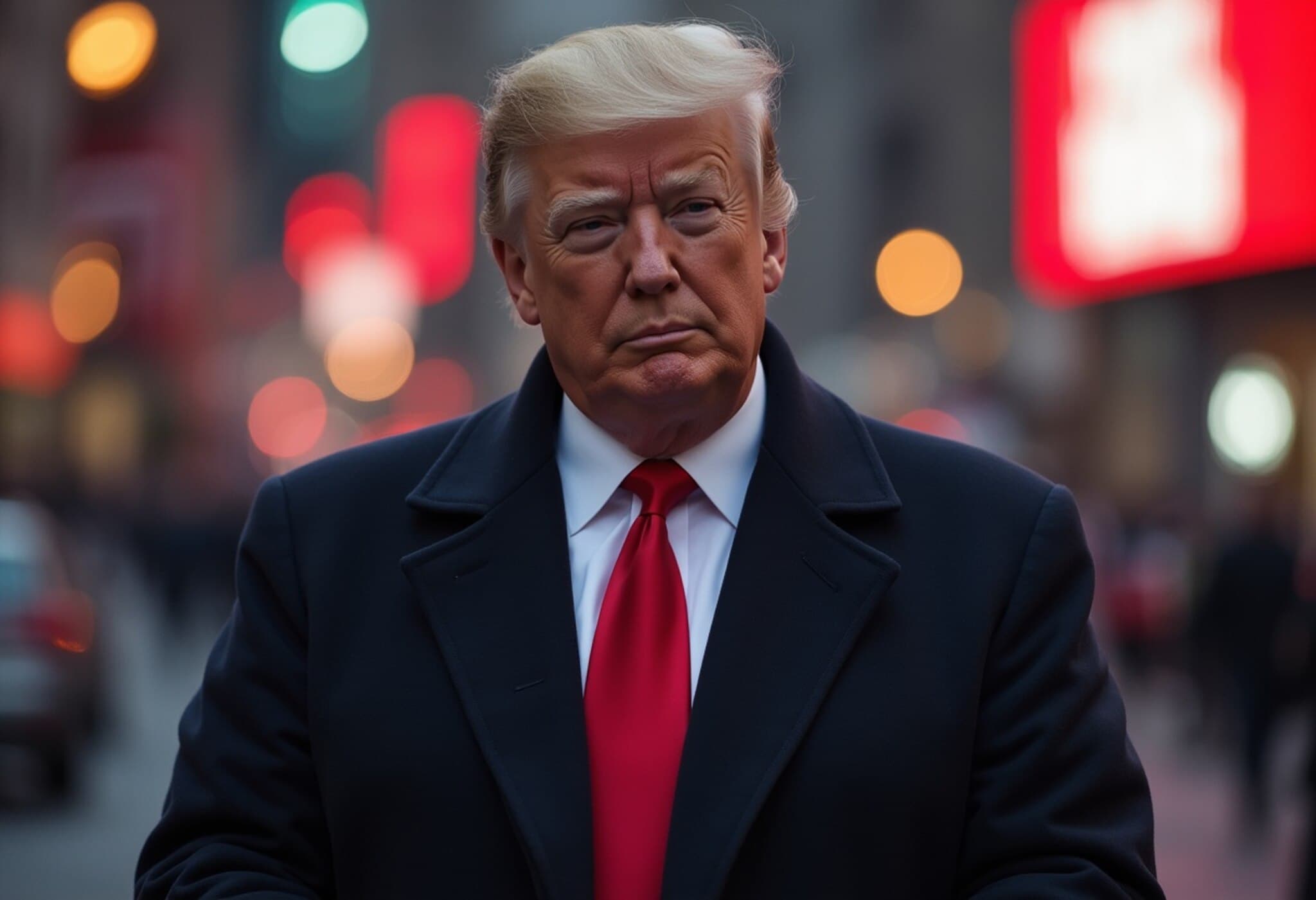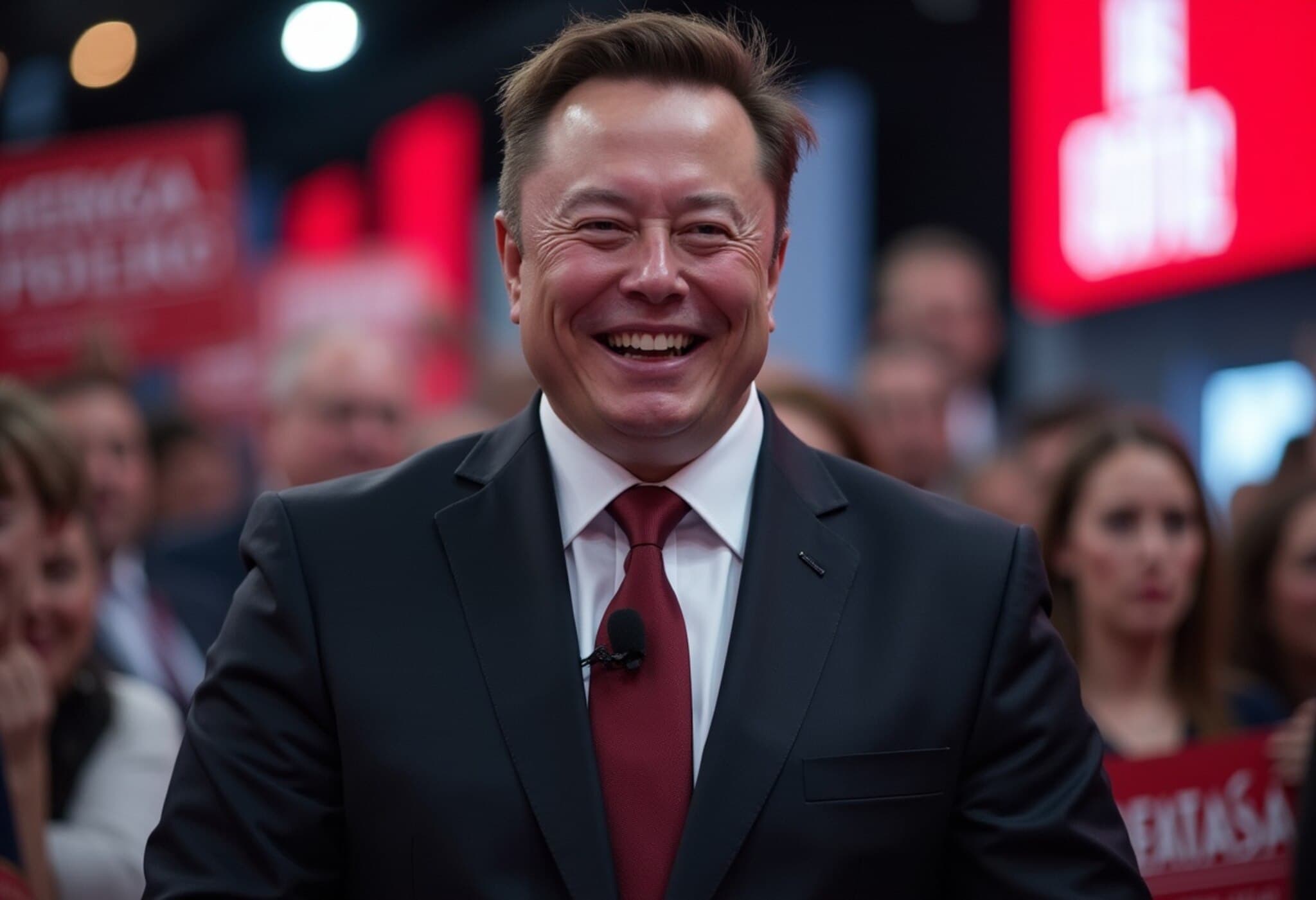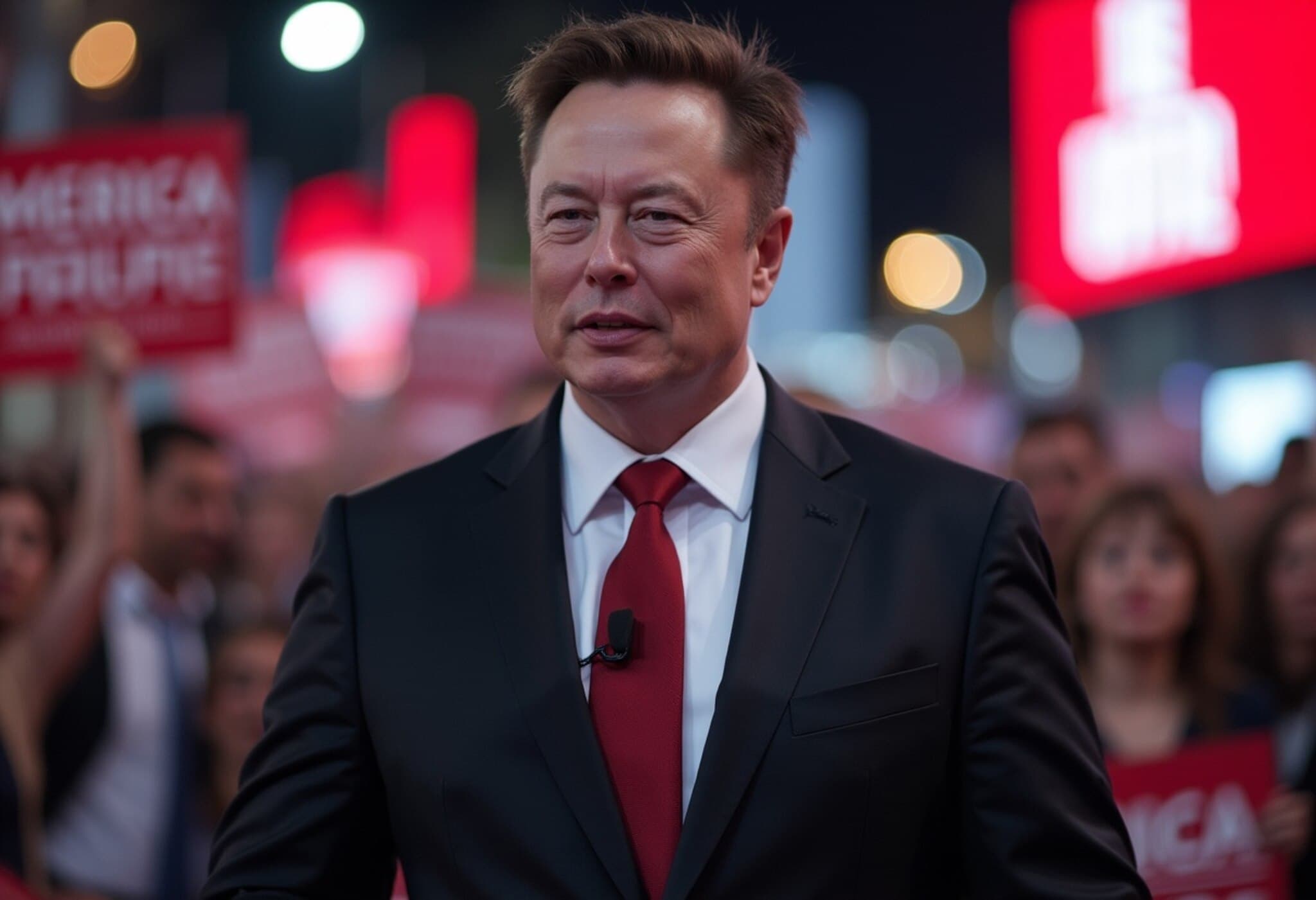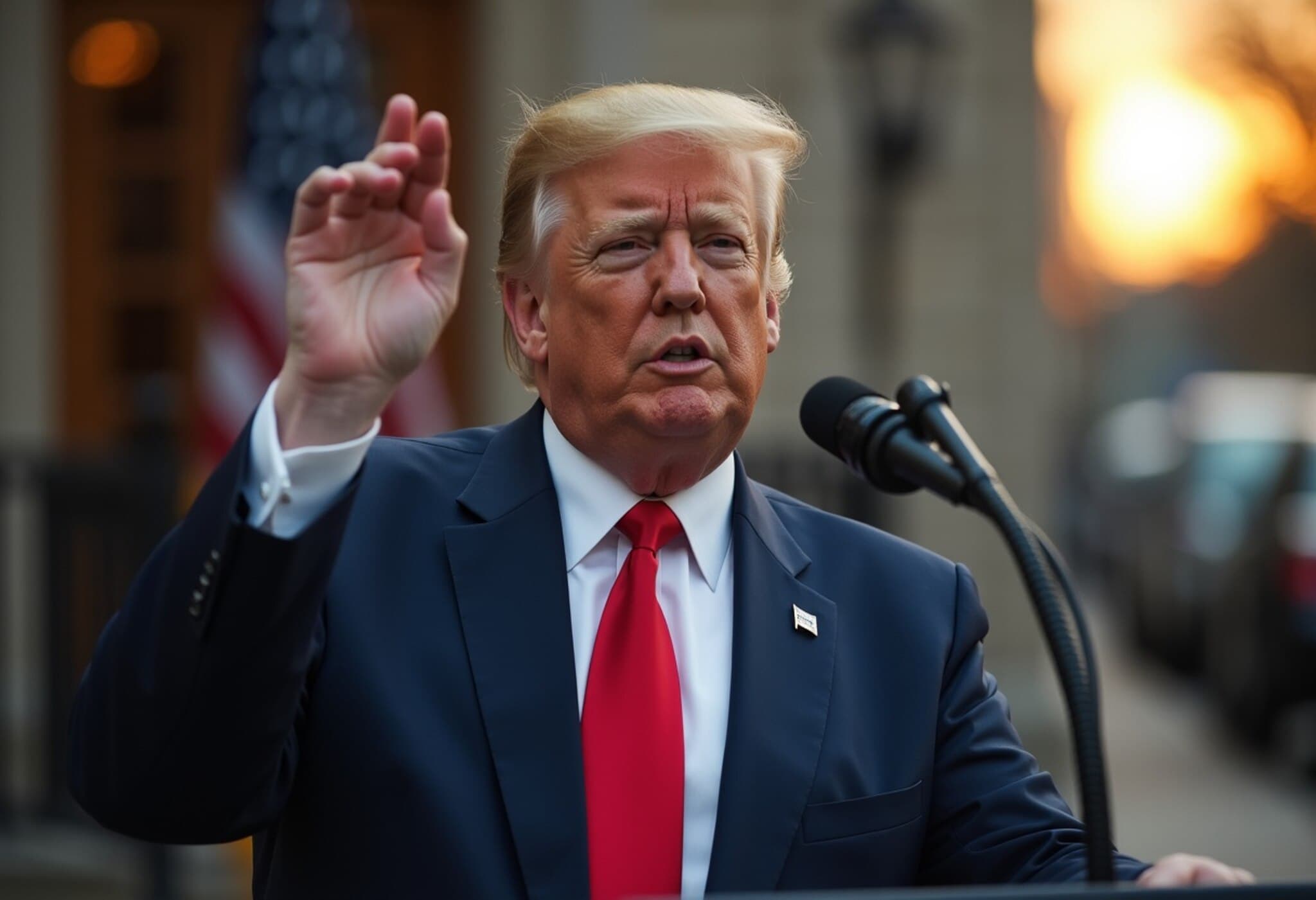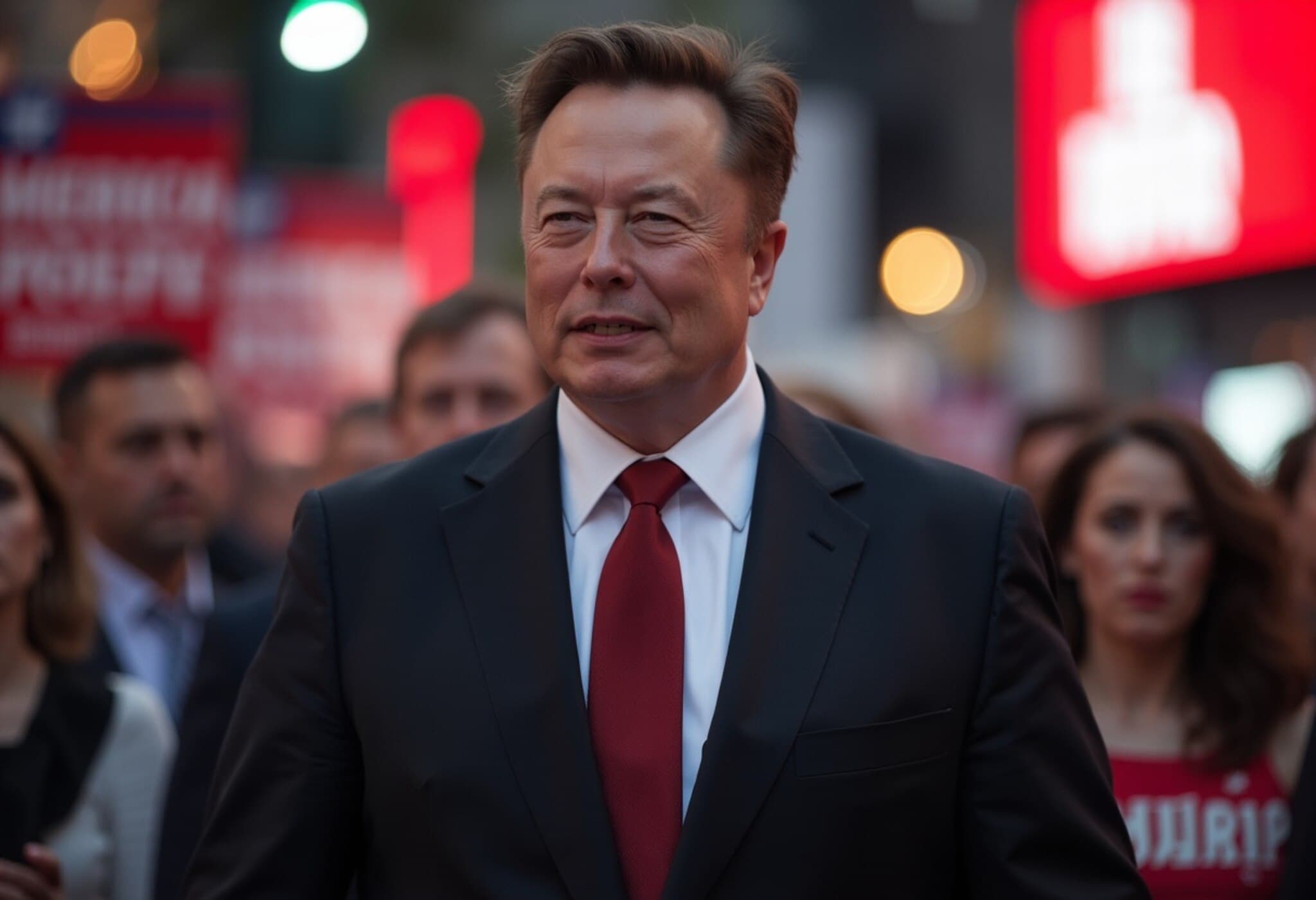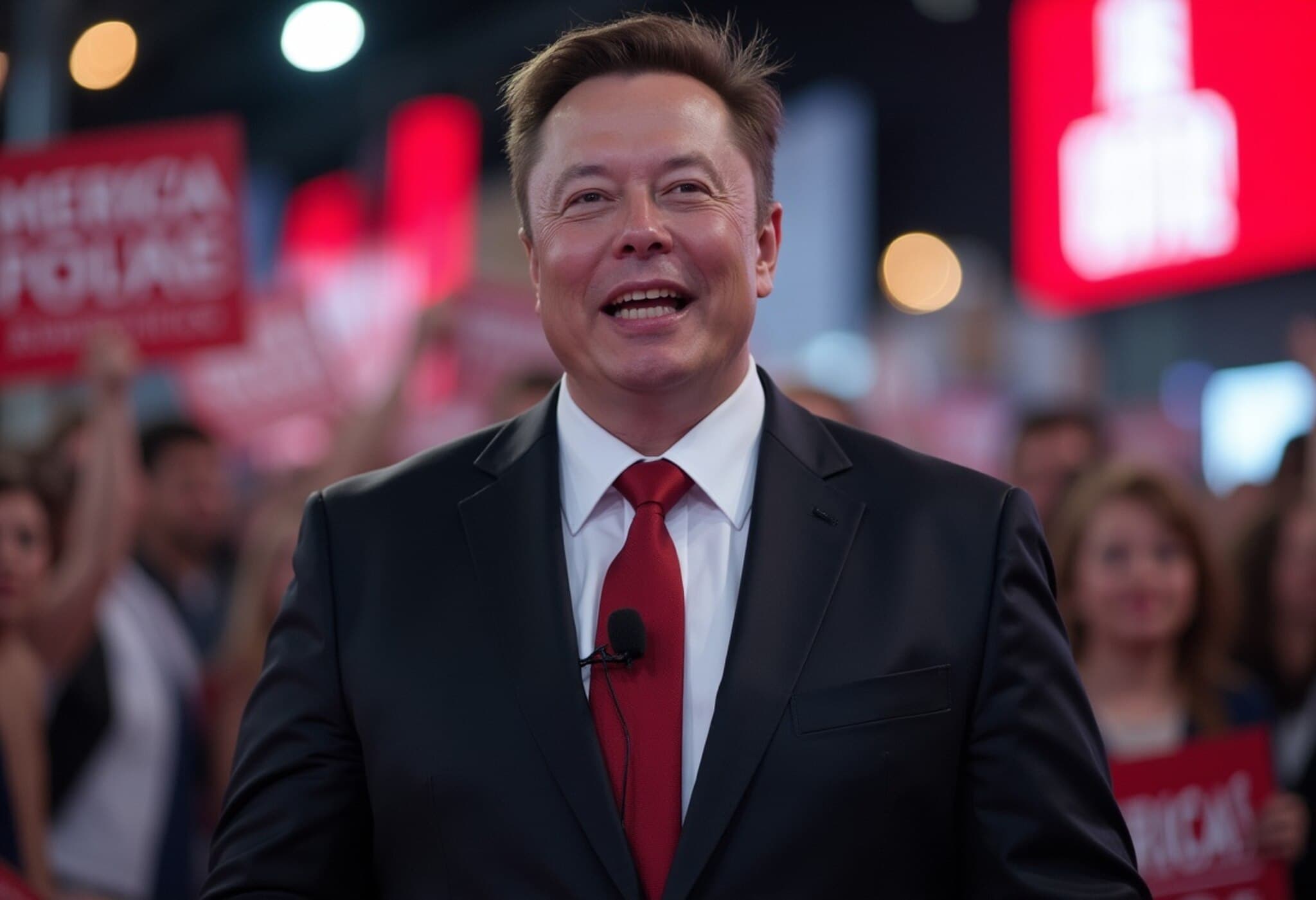Kamala Harris Rules Out California Governor Bid: What’s Next for the Former VP?
After months of intense speculation surrounding her political future, former Vice President Kamala Harris has firmly announced she will not seek the governorship of California in the upcoming 2026 election. This decision marks a significant moment for Harris, who rose through California’s political ranks and aimed to continue her impactful public service at a statewide level.
Stepping Back from Electoral Office — At Least For Now
In a candid and reflective statement released on July 30, 2025, Harris said, “For now, my leadership, and public service, will not be in elected office.” The former 2024 Democratic presidential nominee, who narrowly lost to Donald Trump earlier this year, emphasized her commitment to remaining a vital force within the Democratic Party without holding an official position.
“I look forward to getting back out and listening to the American people, helping elect Democrats across the nation who will fight fearlessly, and sharing more details in the months ahead about my own plans,” she added, signaling a continued engagement with grassroots activism and national campaigns.
The California Governor Race: A Wide-Open Battlefield
Harris’s withdrawal from the gubernatorial race leaves the field open for several prominent contenders, including:
- Health Secretary Xavier Becerra, known for his deep policy expertise and progressive agenda
- Former Los Angeles Mayor Antonio Villaraigosa, with strong urban leadership credentials
- Congresswoman Katie Porter, recognized for her consumer protection advocacy and sharp policy acumen
California’s governorship is one of the most influential state positions in the country, and the 2026 race promises to be a critical bellwether for Democratic strength ahead of the 2028 presidential cycle.
Reflecting on Harris’s Political Journey
Kamala Harris’s trajectory from California Attorney General, US Senator, to Vice President underscores her significant influence in American politics. Her 2024 presidential bid, although ultimately unsuccessful, energized diverse voter demographics and brought attention to issues of justice reform, climate policy, and economic equity.
Close allies suggest Harris’s decision to pause her pursuit of elected office stems from a strategic reassessment after a demanding national campaign and a desire to broaden her impact beyond electoral politics. A source familiar with her plans hinted she is contemplating launching a nonprofit organization or heading a policy think tank, both avenues that would leverage her expertise and leadership skills without the constraints of campaigning.
Her Role Moving Forward: Party Powerhouse and Mentor
Political insiders expect Harris to play a pivotal role in shaping the 2026 midterm elections as a charismatic party surrogate, fundraiser, and mentor for emerging leaders. California Representative Sydney Kamlager-Dove highlighted Harris’s unique ability to connect with younger voters, noting her “authenticity, energy, and willingness to tackle taboo topics” resonate deeply with a new generation hungry for transformative politics.
Looking Beyond 2026
While Harris ruled out a gubernatorial bid in the immediate future, her language leaves the door ajar for a potential return to elected office — whether at the federal or state level — in the years ahead. Observers note that the former Vice President’s strategic pause could be a calculated move to build a more sustainable platform for future candidacies, possibly including a third presidential run.
Expert Commentary: The Broader Implications
From a policy analysis perspective, Harris’s decision underscores a broader shift among national figures who are increasingly exploring diverse avenues of influence beyond traditional electoral roles. In today’s polarized political environment, leadership through advocacy, nonprofit initiatives, and strategic party involvement can sometimes yield as much impact as holding office.
Furthermore, California’s political landscape remains a key laboratory for progressive policies nationwide. The governor's race not only shapes state governance but also impacts national strategies on climate, immigration, and technology regulation, making Harris’s choice especially consequential.
Editor’s Note
Kamala Harris’s recent announcement signals a strategic pivot in her career, balancing reflection with continued activism. Her stepping back from electoral bids does not equate to stepping away from public influence, highlighting a nuanced approach to political leadership that adapts to evolving personal and national contexts.
As the Democratic Party braces for critical midterm battles and eyes the 2028 presidential race, Harris’s next moves warrant close attention. How she shapes her role outside elected office could redefine pathways to power in American politics.
Readers are encouraged to consider:
- What does Harris’s decision reveal about the pressures and pitfalls of high-profile political campaigns?
- How might nonprofit and policy leadership roles reshape traditional political influence?
- What are the broader implications for California’s governance and the Democratic Party’s strategy?

